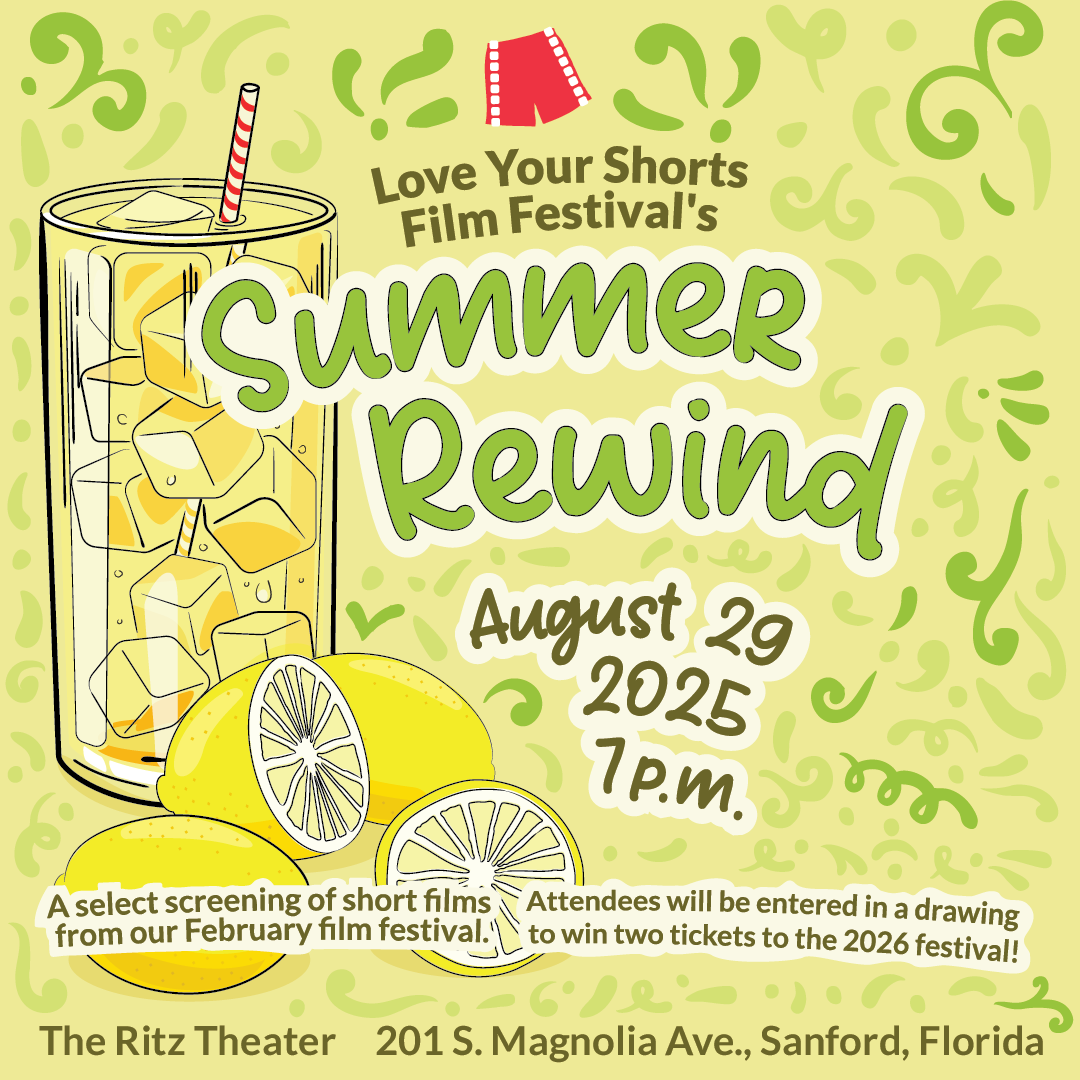Texas 20
Listen to Texas 20, a 34-year-old woman from Dallas, Texas, United States. Click or tap the triangle-shaped play button to hear the subject.
Both as a courtesy and to comply with copyright law, please remember to credit IDEA for direct or indirect use of samples. IDEA is a free resource; please consider supporting us.
BIOGRAPHICAL INFORMATION
AGE: 34
DATE OF BIRTH (DD/MM/YYYY): 22/05/1982
PLACE OF BIRTH: Dallas, Texas
GENDER: female
ETHNICITY: Black (African American)
OCCUPATION: student
EDUCATION: master of business administration
AREAS OF RESIDENCE OUTSIDE REPRESENTATIVE REGION FOR LONGER THAN SIX MONTHS:
The speaker was born and raised in Dallas, Texas, where she lived until the age of 17. She then moved to Tallahassee, Florida, for undergraduate and graduate school. She lived there for six years. After that, she moved back to Dallas and resided there for about 10 years. At the time of this recording, she had been living in East Lansing, Michigan, for about a year and a half.
OTHER INFLUENCES ON SPEECH:
The speaker’s mother is originally from Shreveport, Louisiana, so she feels she may have picked up some of her mother’s linguistic characteristics. Her father is from east Texas. The speaker says she switches between African-American Vernacular and Standard American, based on her audience.
The text used in our recordings of scripted speech can be found by clicking here.
RECORDED BY: Deric McNish
DATE OF RECORDING (DD/MM/YYYY): 11/01/2017
PHONETIC TRANSCRIPTION OF SCRIPTED SPEECH: N/A
TRANSCRIBED BY: N/A
DATE OF TRANSCRIPTION (DD/MM/YYYY): N/A
ORTHOGRAPHIC TRANSCRIPTION OF UNSCRIPTED SPEECH:
Scrabble. We used to play a lot of Scrabble, and we played Boggle. Um, Boggle is this game that has a tinted-like clear, clear but tinted cover — and it has all these little, um, dice that have letters on them. And you put the dice, you shake up the cube, and then you see how many words you can make, I think, out of, out of it.
Ooh, my first crush: Yeah, I remember thinking, gosh this is weird. Umm, we finally kissed in the stairs in middle school. Um, he was really kind; um, yeah, he was a gentleman. Oh, we dated for two weeks when we got to high school, but we had an on-and-off-again, like almost-but-not-quite-ever-happening relationship, um, yeah. He graduated valedictorian; he went off to Morehouse College, um, met and married somebody, yeah.
[The speaker was asked to demonstrate how she speaks to her friends in African-American Vernacular]: Oh, girl, let me tell you about what’s going on down here in Michigan with all this snow and all these white people. [Laughter] Oh, man, yeah.She’s — she speaks in hyperbole, um, a lot. And so that can cause us to butt heads at times, ‘cause I’m trying to find out what happened for real and she’s telling me, “Oh, it was the best, it was her favorite. Um, it was, yeah.” Extremely, just, exaggerated. Um, but yeah, she’s kind, scatterbrained.
Well, I had a dream last night: We were trying to get away from a gorilla. Yeah, we were in a parking garage [laughter] and it was like –King Kong was trying to like — he was swinging everywhere we were going. [Laughs] And, uh, yeah, it’s so weird you asked me that. I was trying to make sense of it this morning, but I couldn’t. I, I was like, man, is this about a monkey on my back, and I was like, what is the monkey? I’m like, is there a monkey on both of our backs? [Laughs] So, I don’t know. Um, yeah.
Um, the most recent was when I was in a car accident in 2015, in July. I was in my mom’s Suburban. I had gotten an error message; as soon as I got in the car, it said low tire pressure. But I ignored it because my dad sometimes is like, well, you know, sometimes it gives that readout but it’s fine. And so I got on the highway — ooh, I do say highway — um [laughs], I got on the highway, and I was in the left-most lane because I always drive fast. And all of a sudden, I was going around maybe a kind of a sharp, sharp turn, and it just started to wobble. And I felt like an elephant, just doing ballet across the, um, the freeway. And I thought that I might die. Um, the car slowed down. And, uh, thankfully there was a white, uh, semi-automatic truck that had stopped and kept the, um, other cars from coming — kept them from coming.
Fine, but I had just had a wreck, uh, two days before, and I had totaled my own car. So it was like — it was crazy. I was like, I really thought something was out to get me.
TRANSCRIBED BY: Carlisle Shelson (under supervision of Deric McNish)
DATE OF TRANSCRIPTION (DD/MM/YYYY): 09/02/2017
PHONETIC TRANSCRIPTION OF UNSCRIPTED SPEECH: N/A
TRANSCRIBED BY: N/A
DATE OF TRANSCRIPTION (DD/MM/YYYY): N/A
SCHOLARLY COMMENTARY:
The speaker monophthongizes aɪ to aː in “highway” (hah-way), “in no time” (tah-m), “required” (requ-ah-rd), “find” (f-ah-nd), and “my dad” (mah dad). Diphthongization occurs in words like “daily” (day-ly) and “choice.”
The speaker demonstrates the typical southern “pin/pen” substitution, especially when the vowel is followed by a nasal consonant, so it appears in words such as “sentimental,” “since,” and “gently,” but not in “medicine.”
The speaker uses the Texas “hard r” throughout. Words like “hurry” are particularly rhotic.
The speaker is an African American and said that she “code switches” when speaking with friends. The section beginning “Oh, girl” is her demonstration of the African American Vernacular (AAV) she uses with a specific friend. Some elements occasionally appear in the interview, such as when “both of our backs” becomes “bow-f of our backs.” “Th” is sometimes dropped, where “them” becomes “em.” Final voiced consonants are sometimes dropped, so “middle school” becomes “middle schoo.”
There is an occasional pitch lilt, such as in the word “well,” as well as “disease” and “bird” in Comma Gets a Cure. Note the pronunciation of “accident,” where three syllables have roughly equal stress.
The speaker’s remark, “I do say highway,” is in response to a conversation earlier about which regions in the United States use highway, parkway, expressway, or freeway. Note that she then says freeway moments later.
The speaker occasionally drops or minimizes final voiced plosives in words such as “bird.” The center of resonance seems to be focused on the forward section of the velum. There’s no distinction between /w/ and /hw/, which is still retained in some parts of Texas. Overall, there is more lip movement and greater pitch range than one might find in west Texas.
COMMENTARY BY: Deric McNish
DATE OF COMMENTARY (DD/MM/YYYY): 10/02/2017
The archive provides:
- Recordings of accent/dialect speakers from the region you select.
- Text of the speakers’ biographical details.
- Scholarly commentary and analysis in some cases.
- In most cases, an orthographic transcription of the speakers’ unscripted speech. In a small number of cases, you will also find a narrow phonetic transcription of the sample (see Phonetic Transcriptions for a complete list). The recordings average four minutes in length and feature both the reading of one of two standard passages, and some unscripted speech. The two passages are Comma Gets a Cure (currently our standard passage) and The Rainbow Passage (used in our earliest recordings).
For instructional materials or coaching in the accents and dialects represented here, please go to Other Dialect Services.
 IDEA: International Dialects of English Archive
IDEA: International Dialects of English Archive



